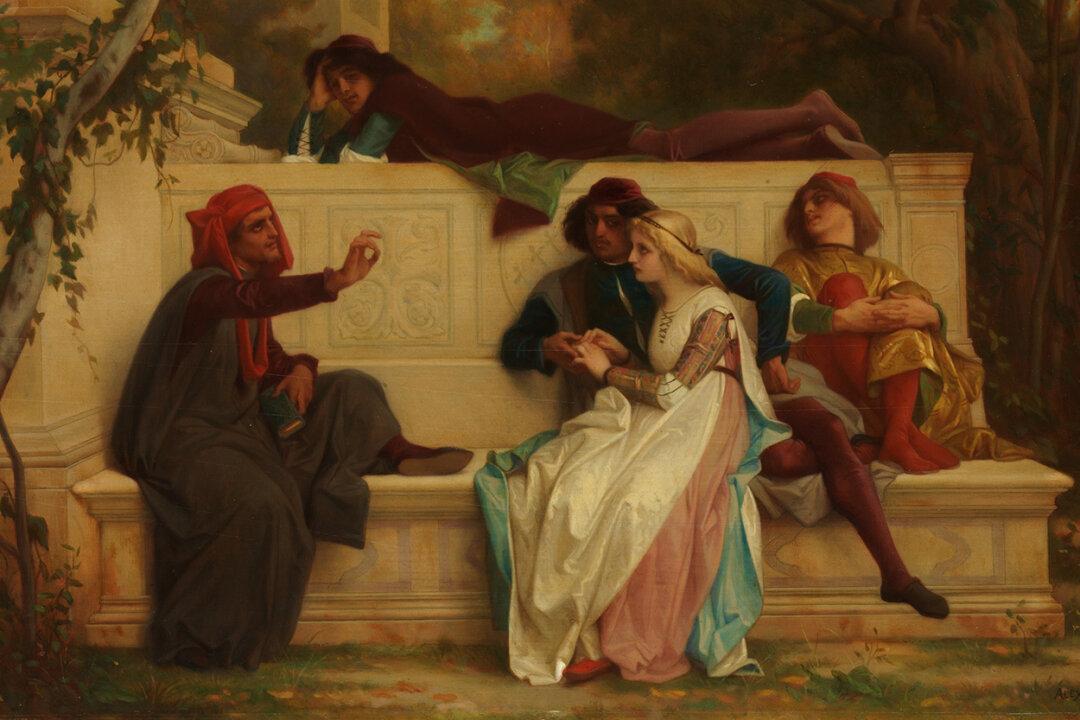There’s long been a debate on whether art should be valued simply because I (or you) like it via a totally subjective stance.
Recently, I was privileged to be invited to be one of the two final judges of the 100 Days of Dante poetry competition run by the Calvin Center for Faith & Writing with the Society of Classical Poets. My co-judge was poet and professor at Fordham University, Angela Alaimo O’Donnell whom, at the point of being paired with her, I knew nothing about.






